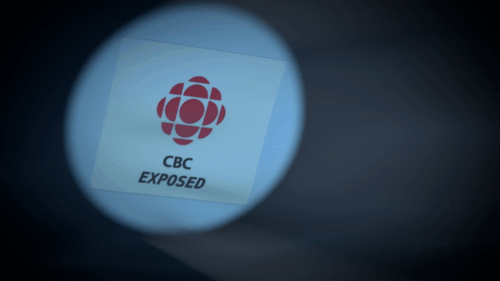The story starts in 1995, when a freelance journalist, Nicholas Regush, came to the fifth estate pitching what he said was a sensational story about corruption in the drug regulatory business.
Regush and his team had four-and-a-half months to pull the piece together.
CBC insiders say there were times that the team disagreed on the script, the tone, and what was cut from the story.
When the piece was complete, it was vetted by Studer, the rest of the production team, and CBC lawyer Michael Hughes.
Two doctors, Dr. Frans Leenen, a respected medical researcher and director of the Hypertension Unit of Ottawa's famous Heart Institute, and Dr. Martin Myers, a cardiologist at Toronto's Sunnybrook Hospital, were not portrayed in the best light.
The program aired Feb. 27, 1996. The CBC devoted its entire one-hour program to this issue, something it does only about 25 per cent of the time.
One million people saw the program, which was subsequently rebroadcast on CBC's Newsworld. Six weeks after it aired, Myers and Leenen sued for libel.
Justice Cunningham awarded Leenen general, aggravated and punitive damages totalling $950,000, together with costs, and ruled that the journalists twisted the facts and acted with malice. In a highly unusual measure, he slapped the host, producer, researcher and executive producer with hefty punitive and aggravated damages.
A long-time CBC employee says it's "flabbergasting and disgusting to a lot of people inside the CBC that management is considering appealing. It's costing 'real' money. There could still be some heads rolling because of this legal debacle. But many people I work with are stunned no one's been fired, that
no one at the CBC seems to have been held accountable."
He adds: "It's quite an astonishing story. It's the biggest libel award in Canadian history and everybody at the CBC has their head in the sand. No one wants to touch this with a barge pole. It's classic CBC culture: If you stick your head in the sand, and don't see your critics, then they won't see you. Someone has to be accountable here. We're talking about $3-million worth of taxpayer's money. People are entitled to ask some questions and get some straight answers."
It's the biggest libel award in Canadian history and everybody at the CBC has their head in the sand.
Read the full story
here.

 Canada
Canada United States
United States